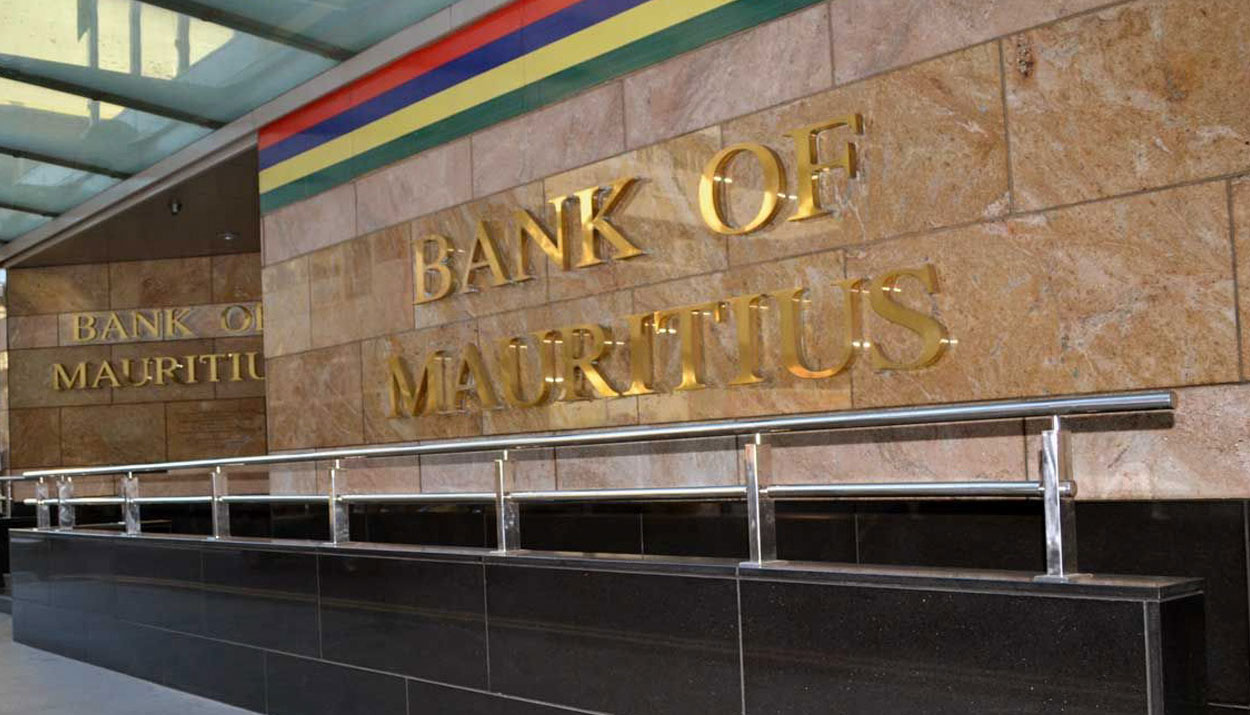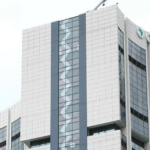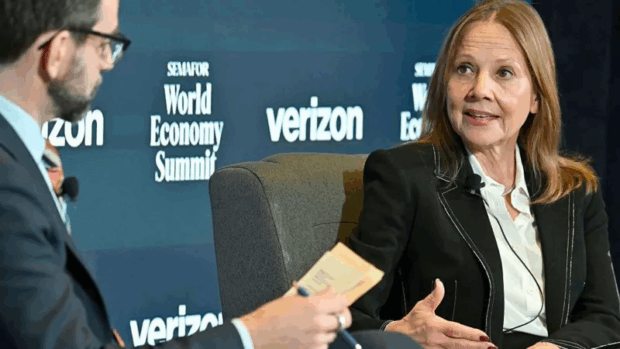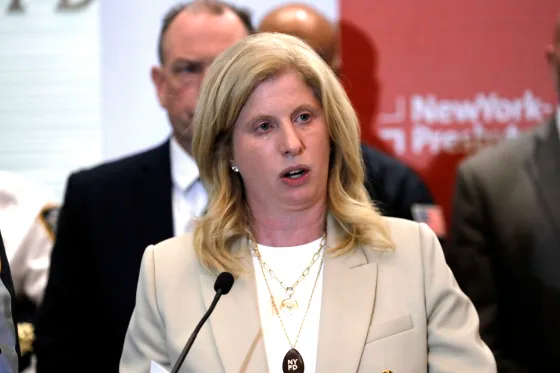
Police in Mauritius have announced plans to arrest the country’s former central bank governor, Harvesh Kumar Seegolam, as part of an ongoing investigation into an alleged conspiracy to defraud. The announcement was published in local newspapers, with authorities indicating that Seegolam would be taken into custody upon his return to the country.
The development comes in the wake of Prime Minister Navin Ramgoolam’s recent parliamentary report, which leveled serious allegations against the previous government’s financial practices. Ramgoolam claimed that the outgoing administration had systematically falsified critical economic indicators, including gross domestic product (GDP), budget deficit, and public debt figures, over an extended period.
Central to the controversy is the Mauritius Investment Corporation (MIC), established in 2020 ostensibly to support companies during the COVID-19 pandemic. Ramgoolam’s report alleges that the central bank improperly printed money to fund this organization, drawing from official foreign exchange reserves.
The prime minister characterized the central bank’s actions as “an irresponsible act” with significant negative implications for the monetary system. He emphasized that the banking sector was already experiencing excess liquidity, further complicating the financial landscape.
Ramgoolam returned to power following a decisive victory in the November parliamentary elections, positioning himself to investigate these alleged financial irregularities. The police’s anti-money laundering unit has now taken its first substantial step by moving to arrest the former central bank governor.
Despite the current controversy, Mauritius remains recognized as one of Africa’s most stable democracies. The island nation, located approximately 2,000 kilometers off Africa’s east coast, has historically maintained a robust economy built on finance, tourism, and agricultural sectors since gaining independence.
However, the current allegations add to growing concerns about potential corruption and civil rights challenges that emerged during the previous administration under then-Prime Minister Pravind Jugnauth. The previous government faced additional accusations, including involvement in unauthorized wiretapping activities.
No additional details have been provided about the specific nature of the conspiracy charges. Seegolam has not yet commented on the pending arrest, and the investigation continues to unfold.
The situation highlights the ongoing challenges of financial transparency and governance in emerging democracies, with potentially far-reaching implications for Mauritius’s economic and political reputation.

















Be the first to leave a comment